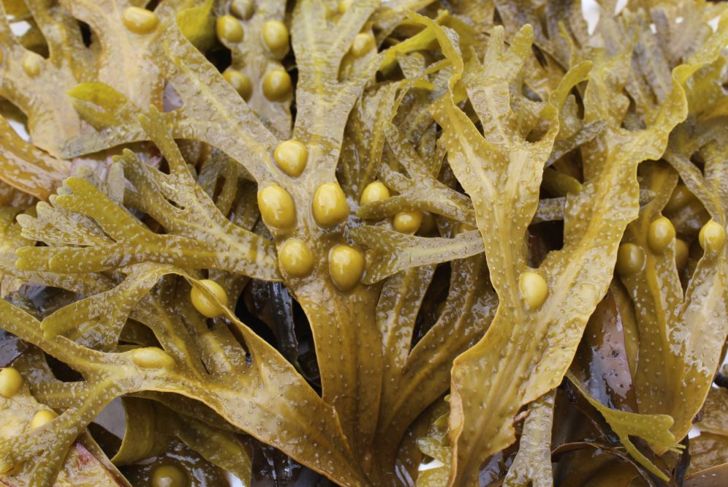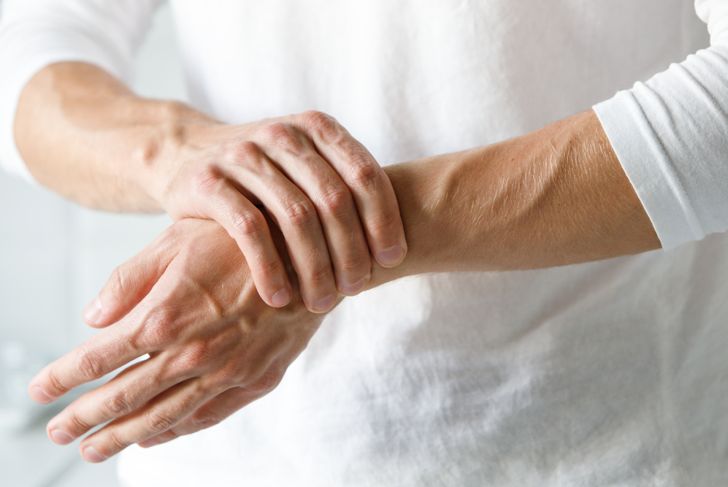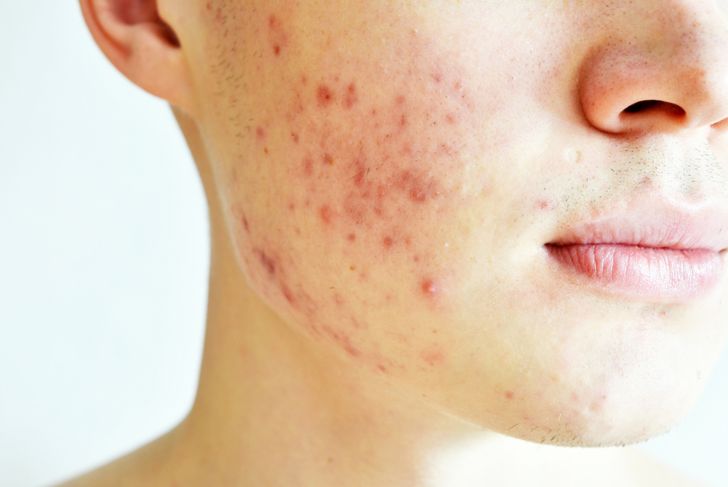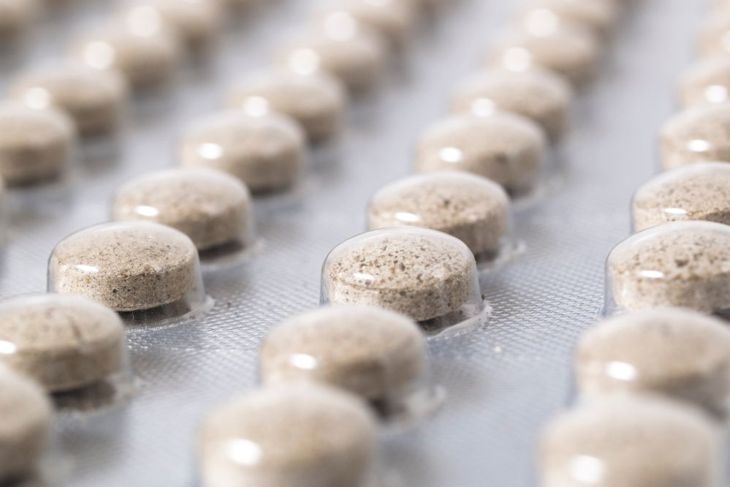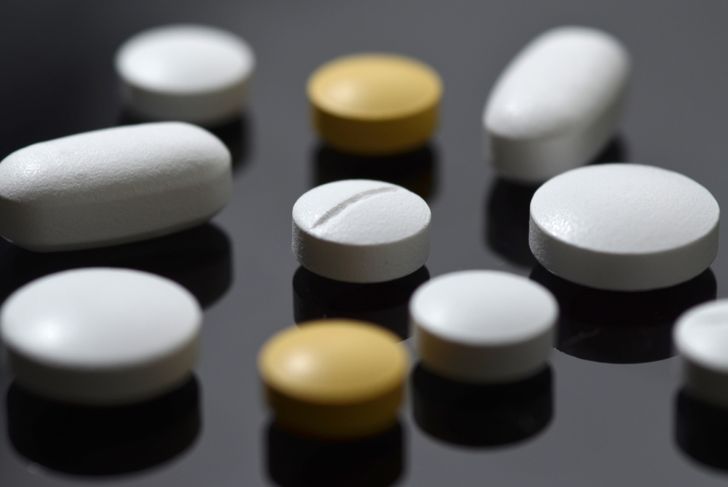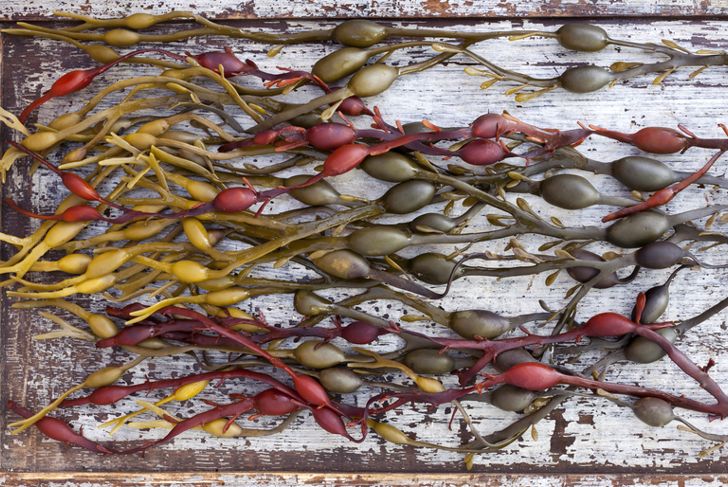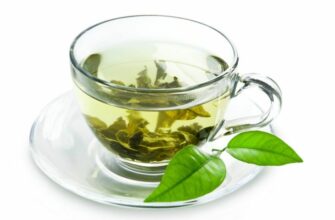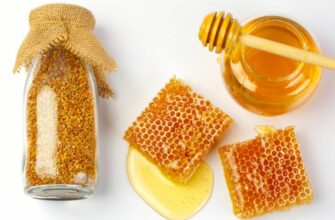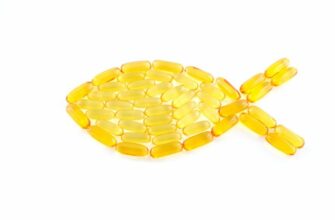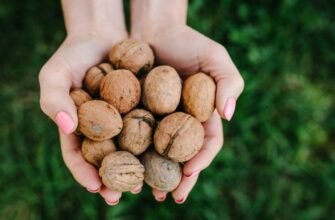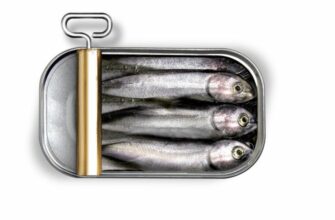Bladderwrack is a brown seaweed that grows along the rocky coastlines of the Pacific and Atlantic Oceans, as well as the North and Baltic Seas. In different parts of the world, this type of algae is also known as rockweed, rock wrack, red fucus, black tang, bladder fucus, dyers fucus, and by its Latin name, Fucus vesiculosus. Traditional medicine uses bladderwrack for a wide range of ailments.
Nutrient Profile
People from all over the world consume seaweed for its impressive nutrient profile. Bladderwrack, in particular, is an abundant source of protein, polyunsaturated fatty acids, amino acids, vitamins, and minerals like potassium, sodium, iodine, manganese, and calcium.Bladderwrack contains a wealth of bioactive compounds like fucoidan, fucoxanthin, and phlorotannins. This seaweed is low in calories and contains dietary fiber, which helps the body maintain a healthy weight.Even though bladderwrack is rich in compounds with many therapeutic properties, scientific data on its efficacy are mostly from animal and test-tube studies. Furthermore, the few human studies on bladderwrack mainly focus on skin health and thyroid conditions.
2. Improving Skin Health
Research shows that fucoidan in bladderwrack stimulates collagen production in the skin. This could improve cellulite conditions, promote healing, and delay skin aging.In one study, researchers applied bladderwrack extract to the cheeks of human subjets twice daily for five weeks. They noted a significant improvement in skin elasticity in these subjects compared to the group that did not use the bladderwrack extract. The study concludes that this type of algae has anti-aging properties, making it a useful ingredient in cosmetic products.
Bladderwrack for Thyroid Health
Bladderwrack is rich in iodine, a trace mineral that promotes the production of thyroid hormones. Since the body does not produce this mineral internally, eating iodine-rich food is essential. Iodine deficiency leads to thyroid disorders like hypothyroidism, goiter, and even intellectual disabilities in babies whose mothers were deficient in iodine during pregnancy. Consuming moderate amounts of bladderwrack could have beneficial effects on the thyroid.
Other Health Claims
Bladderwrack’s bioactive compounds exhibit antioxidant, anti-inflammatory, anti-obesity, anti-tumor, and anticoagulant properties. For this reason, herbalists have long used this seaweed for varied conditions like constipation and other digestive problems, arteriosclerosis (hardening of the arteries), obesity, arthritis, diabetes, infertility, and urinary tract infections.
Side Effects
Like other common seaweed, bladderwrack is edible and safe for consumption in moderation. However, this brown kelp may also have other side effects, especially in people with existing health issues.Iodine-rich kelp supplements could trigger or aggravate acne formation on the face and upper body. Also, if the brown kelp came from areas contaminated with heavy metals, it may contain toxins like lead and arsenic that could lead to other medical issues.
Commercial Forms
Aside from its natural form, bladderwrack is available at health food stores as a powder, topical tincture, extract, ointment, and capsules. When mixed with other herbs and spices, consumers can use bladderwrack powder as a more flavorful salt alternative.
Contraindications
It’s always best to consult with a physician prior to taking a bladderwrack supplement, especially those who are on medications. Active ingredients in bladderwrack may adversely interact with some medications.
- Hyperthyroid medications: People with hyperthyroidism should not take bladderwrack, as iodine-rich food could stimulate further overproduction of thyroid hormones and decrease the efficacy of hyperthyroid drugs.
- Anticoagulant medications: Fucoidan, an active ingredient in bladderwrack, exhibits anticoagulant properties that prevent the clotting of blood. When taken together with other blood thinners, it may increase the risk of bleeding and bruising.
- Lithium: In one case report, a 60-year-old male on lithium also took a herbal supplement containing bladderwrack. He developed hyperthyroidism. But when he discontinued using the herbal supplement, his thyroid hormone went back to normal levels.
- Estrogen and progesterone: In another study on animals, researchers observed that alginate lowers blood lipid levels. Since lipids help in the production of sex hormones, ingesting bladderwrack may reduce the bioavailability of estrogen and progesterone.
- Laxatives: Bladderwrack is rich in dietary fiber, so it could amplify the effects of other laxatives.
Precautions
Bladderwrack supplements may not be safe for pregnant and breastfeeding women. Active ingredients and toxins in the seaweed can be harmful to the developing baby.People with bleeding disorders and those who are about to undergo surgery should not take bladderwrack. The seaweed’s anticoagulant properties can increase the risk of severe bleeding. Similarly, those who are about to undergo diagnostic tests should avoid taking a bladderwrack supplement, as it might affect the accuracy of some laboratory test results.
Dosage
There is no scientific data to determine the dosage of bladderwrack, so health practitioners weigh a user’s health and age and the existence of medical conditions. With bladderwrack products, it’s best to consult first with a physician. With the doctor’s approval, follow the dosage indicated on the product label or as recommended.
History and Folklore
In his book on medicinal plants, De Materia Medica (On Medical Material), the Greek physician Pedanius Dioscorides recommended bladderwrack for inflammation and gouty arthritis. In addition, the Romans used this brown seaweed as a treatment for tuberculosis and joint pains. Aside from its medicinal benefits, bladderwrack has been used to make potash for fertilizer and gunpowder. Magical folklore has it that these brown algae provide protection against sea and wind spells, as well as increase one’s psychic powers.

 Home
Home Health
Health Diet & Nutrition
Diet & Nutrition Living Well
Living Well More
More